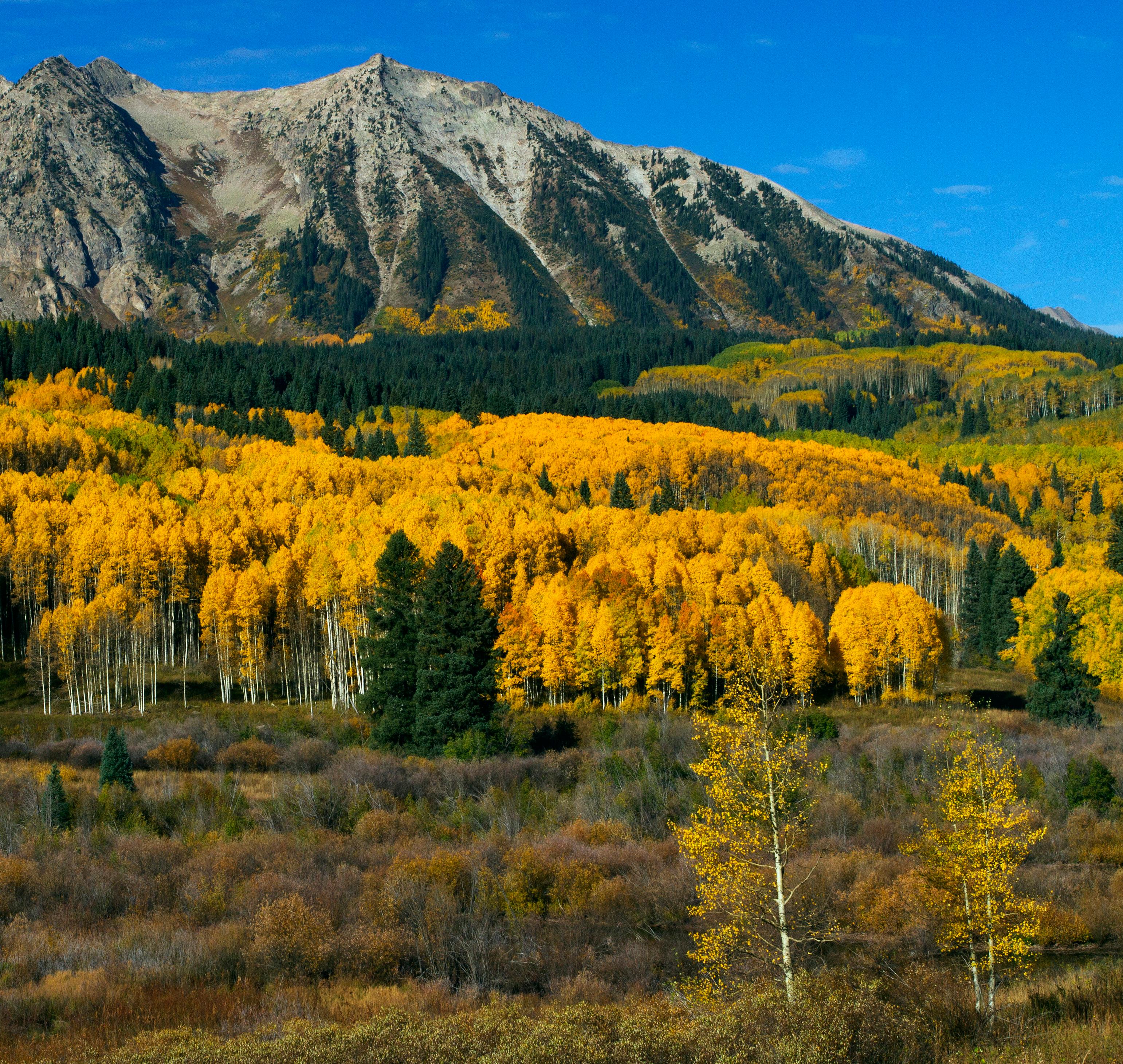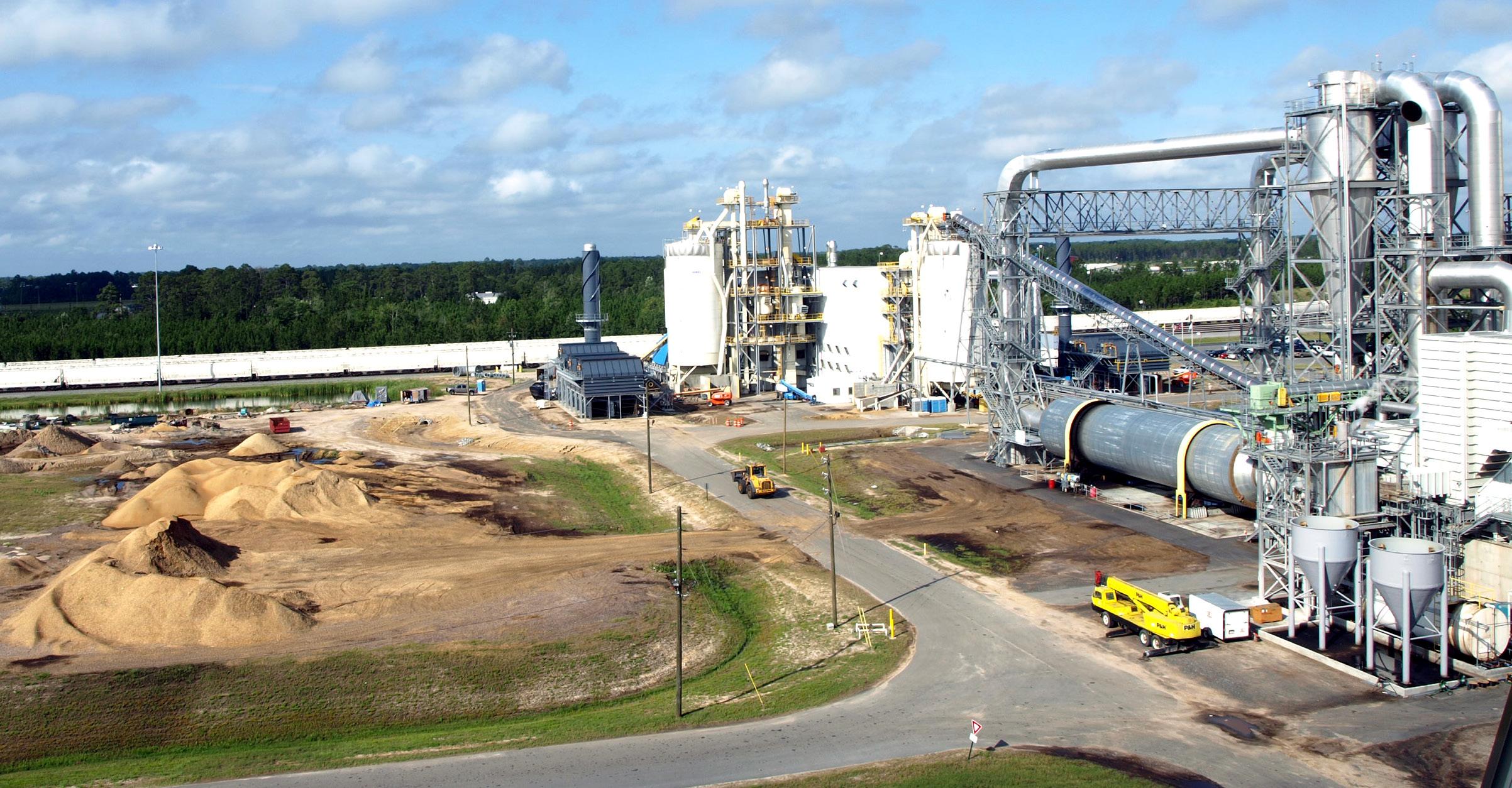
4 minute read
From the History Books
Energex Inc. is one of the longest-running fuel pellet plants in North America. Former owner Bruce Lisle chats with Pellet Mill Magazine about the early industry, the plant’s history and how he came to buy it.
BY ANNA SIMET
then spent several years trying to build a plant (pellet production and cogeneration facility) in Cape Breton. I had an office, an engineer, a wood procurement guy … we were very close to building it and had raised $16 million, but ran into an unfriendly government.”
Ultimately, Lisle came across the opportunity to purchase the plant in Lac-Mégantic from BioShell. “On March 5, 1992, I called the president of BioShell—a subsidiary of Shell Petroleum, in their nontraditional business unit—to see if there was interest in developing a plant through a joint venture. He told me that out of the three plants they had, one was basically already dismantled, another was shut down because its long-term contract was canceled, and the plant in Quebec was running at 50% capacity, selling bark pellets to a paper plant in Maine—and it was for sale.”
When Shell invested in these plants in the late 1970s and early ‘80s, Lisle says, the company planned to build many more. “In Quebec, they really expected to push this forward, but Quebec Hydro—with its very cheap power—began subsidizing the installation of electric boilers in the province, which basically blew Shell’s plan to expand wood pellet fuel operations. So, they decided to consolidate back to their core oil and gas business and get rid of all their nontraditional business units.”
Fast forward one year to the date of when Lisle called the president of Shell, and he signed the purchase agreement to buy the Lac Mégantic plant, taking over in early June 1993. “That’s how I got my start,” he says.
Only running bark pellets at the time, Lisle added a packaging facility and began bringing in clean sawdust to make a residential product. “Energex was built from there,” he says. In 2000, another plant would be added to the company's portfolio—Energex merged a West Virginia pellet plant with another in Mifflintown, Pennsylvania, and created Energex American Inc.
Industry Pioneers
Backing up again to the purchase of the Lac-Mégantic plant, the very next day, Lisle found himself in Nashville, Tennessee, setting up a trade show booth at the Hearth & Home Expo. There, he met Averill Cook of Catamount Pellet, who produced the Stove Chow brand, and Barb Shine of Dry Creek Products. “The three of us were the first to establish mills for the Northeast residential bag market,” he says. “We were the 'three amigos' who really pioneered wood pellet fuel on
Under BioShell’s ownership, the first documented shipment of transatlantic wood pellets was sent overseas from the company’s Lac-Mégantic plant. “At the time, [BioShell] decided there was a worldwide market for pellet fuel, which was starting to take hold in Europe,” Lisle says. In 1991, a 5,000-ton shipment of bark pellets was loaded at the Port of Quebec and sent to Helsingborg, Sweden. “But the Europeans didn’t realize they were getting bark pellets, which are a completely different animal than premium grade fuel,” Lisle says. “They average over 3% ash, and when you burn high-ash products in boilers, depending on how it’s burned, can cause issues like slagging—this was before there were any fuel standards.”

Lisle notes that bark pellets can work great in the right burn climate. “You can do it all day long without a problem,” he says. “We were shipping 50,000 tons to a paper plant in Maine and they loved it, as they knew how to handle that kind of high-ash fuel. Through my Lac-Mégantic plant, I used to take excess capacity and probably shipped 15 to 20 loads myself—this was in the 2000s. The last time I sent a ship was a few months before Lignetics bought the plant in 2020.”
DON’T LET THIS HAPPEN TO YOUR FACILITY
Combustible dust can cause personnel injuries, equipment & plant damage. Spark & embers from dryers, hammer mills, pelletizers & coolers can cause cascading dust fires & explosions

GreCon Spark Detection & Extinguishing Systems
are a preventative measure against fire or dust explosions by detecting and extinguishing sparks & embers in processing and conveying equipment without production interruption.
the East Coast—everybody else came later.”
Each of them would eventually become presidents of the Pellet Fuels Institute, which was established in 1994—and the industry continued its buildout over the years, the result of determination, collaboration and resilience. And, of course, a strong passion for wood heat.
Lisle reflects on a remarkable coincidence that would eventually emerge: Energex ultimately bought out Catamount and its
Stove Chow Brand, and in 2020, Lisle sold Energex sold to Lignetics. In a final intertwining of fate, in 2021, Energex bought BioMaxx, which at the time owned the Dry Creek brand. “The three amigos were all under one roof,” Lisle chuckles.

Still Pushing Forward
Lisle notes that one facet of the domestic wood heating pellet industry that he is proud of is that it was developed on free market economics without subsidies, and stakeholders have based their investment and expansion decisions on supply and demand. He adds that there have been shortage years in recent decades and that when new capacity is built in response, it does take time for the market to absorb that additional capacity.
Today, Lisle continues to work for Lignetics on strategic initiatives. A love for the industry has been passed down in the family, as his son, Kenny Lisle, also works for Lignetics as director of national accounts. Among his industry endeavors, Lisle sits on U.S. Department of Commerce’s Renewable Energy and Energy Efficiency Advisory Committee. “I call myself the token biomass guy,” he says. “I have put together recommendations on biomass, and one of them last year was that we need to develop manufacturing plants for pellets on the West Coast to service the Asian markets,” he adds. “It takes the canals and some logistics out of it, and importantly, it’s fire mitigation.”
Author: Anna Simet asimet@bbiinternational.com









